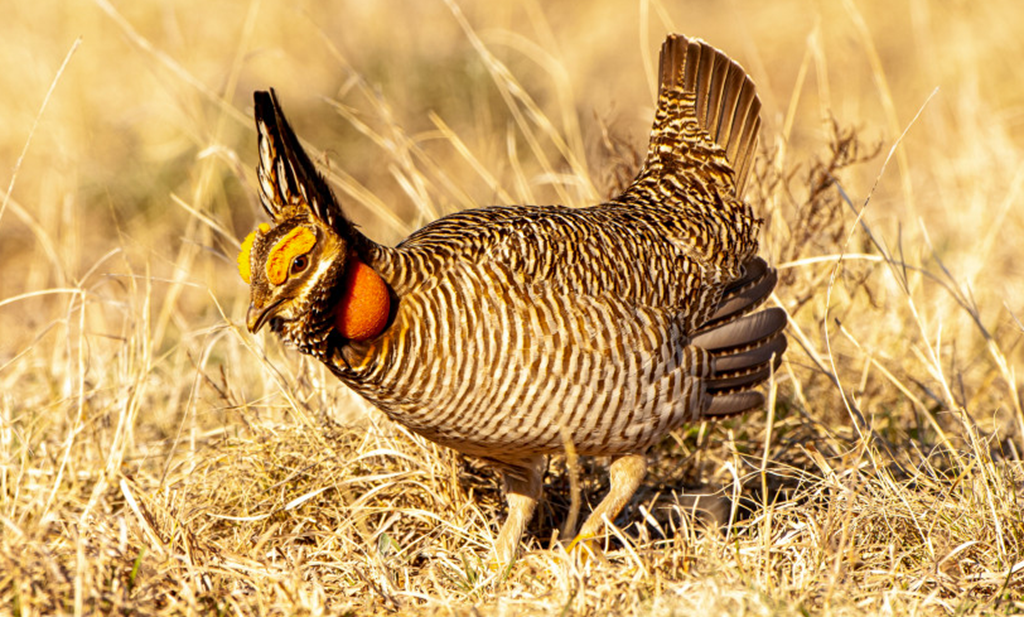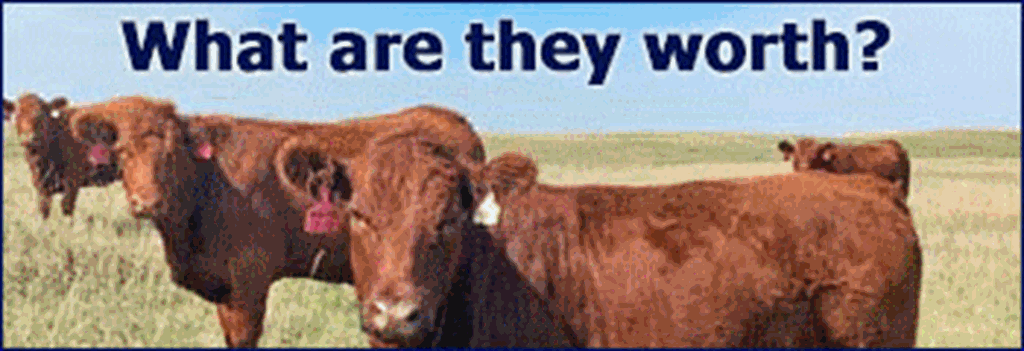Following the Senate’s lead earlier this summer, the House of Representatives voted on July 26 to strip Endangered Species Act (ESA) protections from the lesser prairie chicken. In addition, the members voted to remove protections for the northern long-eared bat.
The House Rules Committee met on July 25 to consider S.J. Res 9, a joint resolution to delist the lesser prairie chicken under the ESA, and S.J. Res. 24, a second joint resolution to delist the northern long-eared bat under the ESA. At the same hearing, the committee also discussed H.R. 4366, funding for military construction and the Department of Veterans Affairs. The committee moved the bills forward on a vote of 9-4.
At the House hearing the following day, the majority of the conversation was centered around the military funding resolution.
The Senate narrowly voted earlier this summer to move the resolutions forward. The lesser prairie chicken measure was agreed to on a vote of 50-48, and the bat measure on a vote of 51-49.
The National Cattlemen’s Beef Association (NCBA) applauded the Senate’s decision earlier this summer. “The lesser prairie chicken listing will do little to benefit the bird, but it will succeed in shutting down the voluntary conservation work that is responsible for the species surviving today,” said NCBA Policy Division Chair Gene Copenhaver.
The resolutions now head to the president’s desk, where President Joe Biden has already signaled his intent to veto the measures. “This is a pointless political exercise and stunt,” Rep. Raúl Grijalva (D-AZ-07) said during the hearing.
Lawsuit...
A week before the House passed the resolutions, a group of Kansas county officials and ranchers filed a lawsuit in the District Court for the District of Kansas against the U.S. Fish and Wildlife Service (USFWS) and Interior Department. The plaintiffs argued adding the lesser prairie chicken to the ESA list has had far-reaching and damaging effects on their ability to manage land and conduct county operations.
The groups challenged the USFWS’ November 2022 decision to extend protections to the Northern Distinct Population Segment (DPS) of the bird. The Northern DPS is found in southeastern Colorado, south central to western Kansas, western Oklahoma and the northeast Texas Panhandle.
The rule prohibits take of the bird, with the exception of three narrow exceptions. The plaintiffs, which include several farms and the Kansas Natural Resource Coalition (KNRC), said the rule “prohibits a staggering array of ordinary land use activities throughout the species’ range, severely injuring the livelihoods of landowners such as the members of the Schilling and Edwards families and presenting significant regulatory challenges to members of KNRC.”
The lawsuit continued that the ranching families and the counties represented by KNRC already must deal with geographic isolation and a harsh climate to conduct business, and the ESA further amplifies the challenges.
The groups argued that USFWS ignored the limitations Congress placed upon its power and refused to consider the costs and benefits of such broad regulation. In addition, the plaintiffs contend USFWS violated basic principles of reasoned decision-making, and ignored the Regulatory Flexibility Act’s requirement that the agency consider the impacts of its actions on small entities.
“If the Service does not promptly remedy these legal errors, (the plaintiffs) will commence a civil action to require their correction following expiration of the statutory 60-day notice period,” the suit concluded.












